The 50s Star’s Unique Perspective on Leaving Hollywood After an Oscar Nomination
Nancy Olson Livingston was 22 when “Sunset Boulevard” graced the silver screen in 1950, propelling her into the spotlight and making her an actress in high demand.
This cinematic masterpiece, featuring legends like Gloria Swanson and William Holden, garnered an impressive 11 Academy Award nominations, including one for Olson Livingston, nominated for Best Supporting Actress. It beautifully weaves the story of Norma Desmond, portrayed by Swanson, an aging star who clings desperately to the fading shadows of her glory.
Now at 96, Olson Livingston reflects on her experiences with a clarity that only time can provide, revealing that the glitz and glamour of fame were not her true desires.
“Movie stars were sad creatures,” Olson Livingston shared on Hollywood Reporter’s podcast, “It Happened in Hollywood.” With an understanding of both Norma Desmond and Marilyn Monroe, she sought something deeper. “I understood them, and I wanted a life,” she said.
She continued, “I knew that movie stars had a period of time, and then they were thrown away. What more did I need to know than about Norma Desmond?”
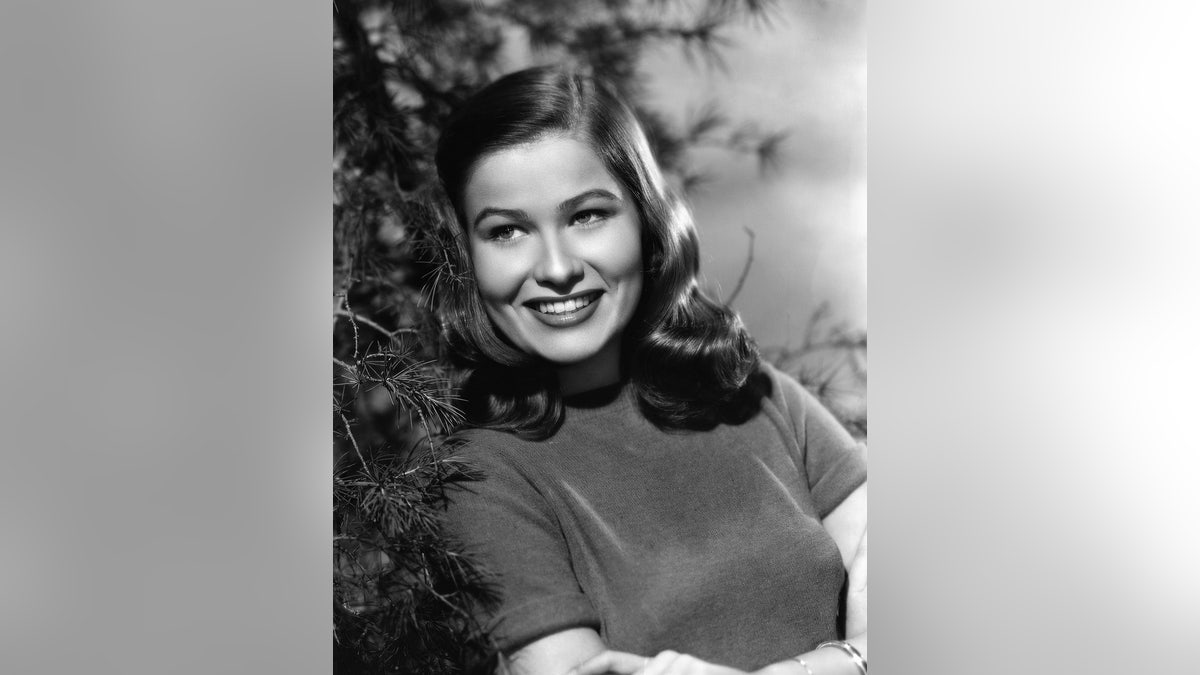
Raised in a Midwestern family as a doctor’s daughter, Olson Livingston pondered the reality of success. “How many movie stars are happily married, have children, are part of larger families, aunts, uncles, cousins?” she wondered aloud. “Nobody. So, I couldn’t imagine existing in that world.” It was a stark contrast to the nurturing family life she cherished.
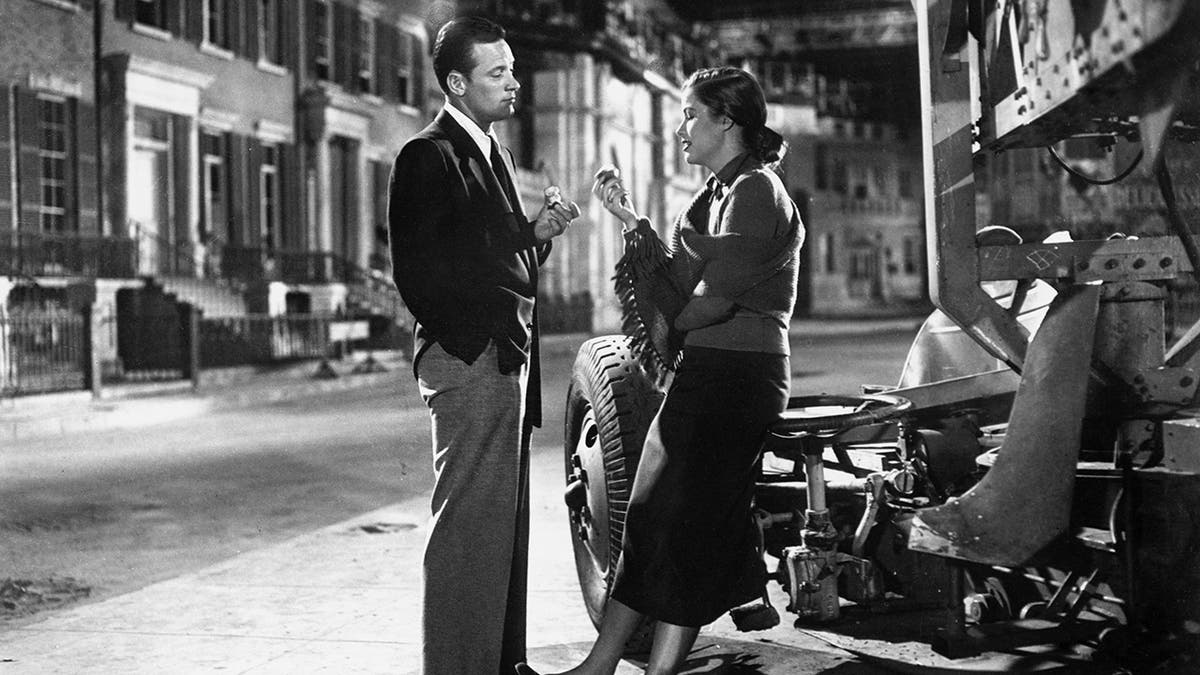
While Olson Livingston’s career flourished throughout the ‘50s, by the mid-‘60s, she determined that a fulfilling life extended beyond the realms of Hollywood. “I moved to New York, and I declared, ‘I do not want to be a movie star,’” she recalled, with a tone that revealed both conviction and exhaustion. The industry’s allure faded as contract negotiations became a mere prison of financial temptation.
“I’m a doctor’s daughter from the Midwest. I said, ‘How many movie stars are happily married, have children, are part of larger families, aunts, uncles, cousins?’ which was my life? Nobody. So, I couldn’t imagine existing in the world.”
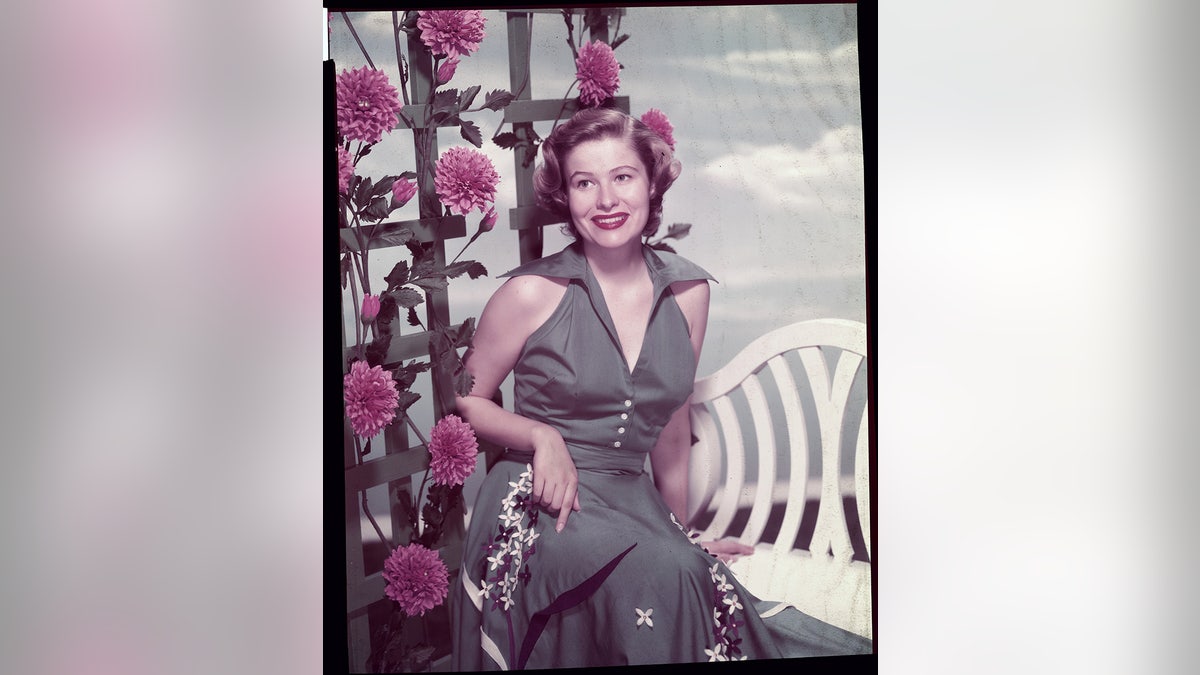
She worked long hours, often clocking in 11-hour days, six days a week, all while sharing life with Broadway lyricist Alan Jay Lerner, whom she married. It was during this time that the glamour of fame began to dim. “Fame no longer sounded exciting,” she confessed gently.
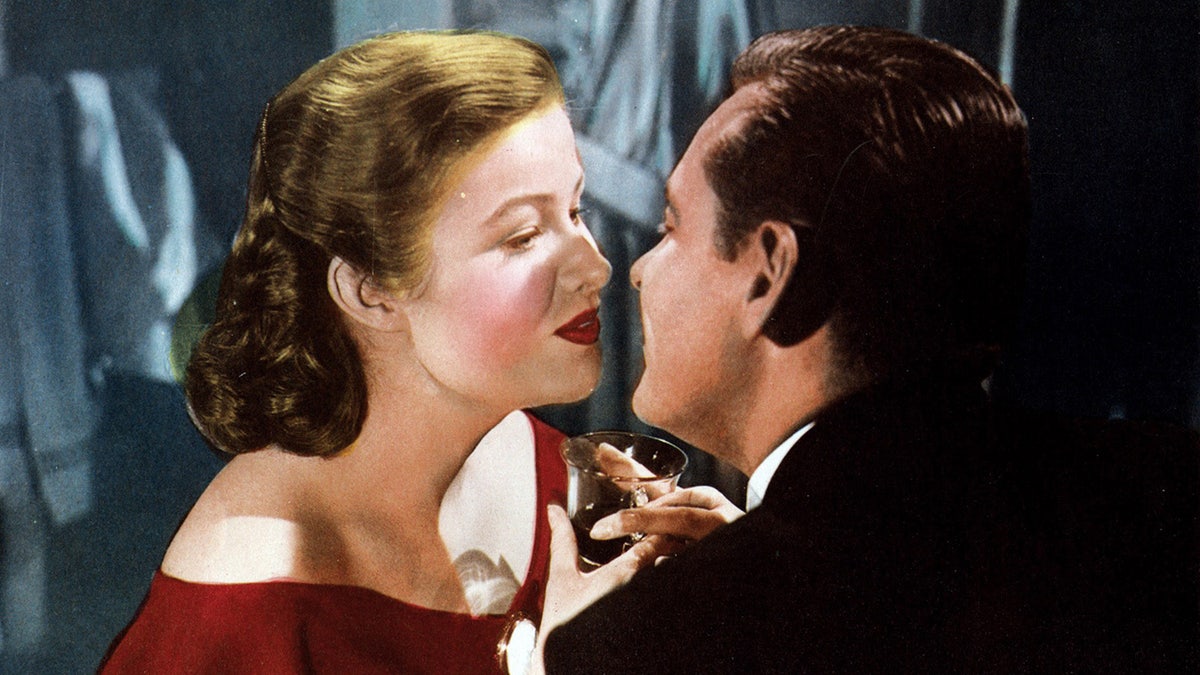
Revisiting her days in “Sunset Boulevard,” Olson Livingston never anticipated winning an Oscar. “I did not win,” she stated, evoking a sense of peace. “But being nominated felt rewarding, and that was quite enough.” The film ultimately earned three Academy Awards for its score, screenplay, and production design.
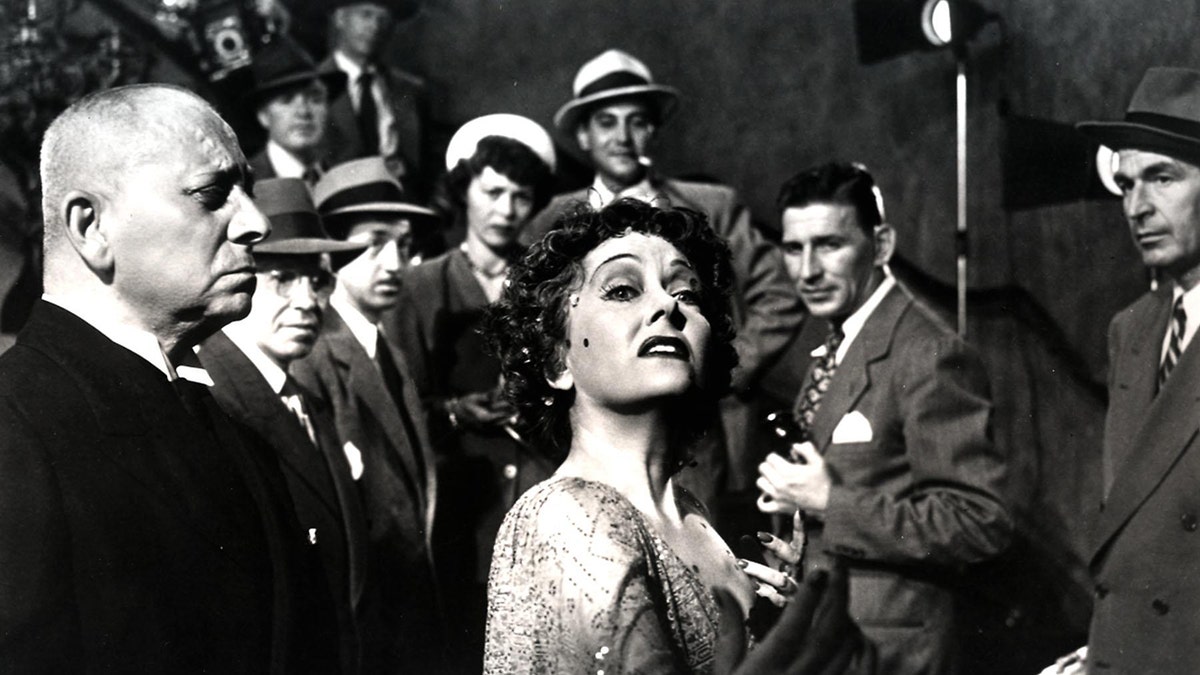
“Gloria Swanson and [director] Billy Wilder, everything about the picture should have won,” Olson Livingston remarked with nostalgia.

In her memoir, “A Front Row Seat,” released in 2022, Olson Livingston recounts the complexities of Hollywood. She reflects on another iconic actress of the era, Marilyn Monroe. “She came from a very unhappy childhood,” Olson Livingston noted, revealing her insight into Monroe’s struggles. “Her survival depended on her own being. It depended on being a movie star.” Their encounters left Olson Livingston with a view of a woman caught in a cycle of dependency, constantly seeking validation.
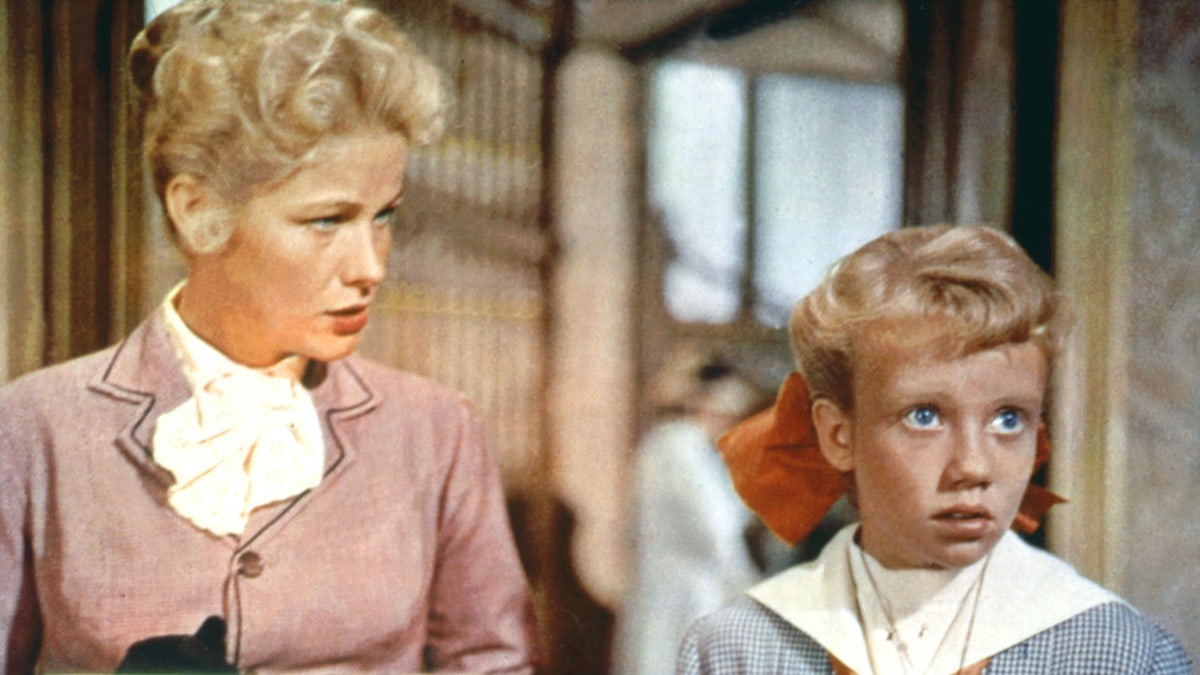
After her last film, “Battle Cry,” in 1955, Olson Livingston embraced motherhood with dedication. Years later, it was Walt Disney who coaxed her back to cinema for 1960’s beloved “Pollyanna,” starring Hayley Mills. She vividly remembers an unexpected phone call in Mallorca, waiting for her children. “Walt Disney is on the phone,” they said. The charm couldn’t be faked. The prospect of working under someone so relatable and inviting rejuvenated her spirit. “I never asked how much the salary was,” Olson Livingston emphasized. For her, it was the journey, not the paycheck, that mattered.

As she stepped onto the Disney lot, the atmosphere felt familiar, reminiscent of a close-knit community. “It was like walking on the streets of a small town,” Olson Livingston reminisced fondly. Many creative spirits worked there, each bearing their story, echoing a vibrant warmth, and reminding her of the family joys she always yearned for, even in the dizzying world of Hollywood.



































